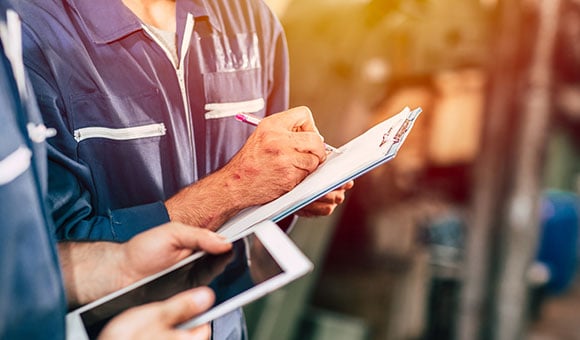
Solenis is committed to product stewardship and to minimizing the environmental impact of our products across their life cycle.

Experts insights for businesses who want to reduce the environmental impact of their cleaning operations, information about products' effectiveness, and ways to implement green cleaning with the right products and processes.
Learn More